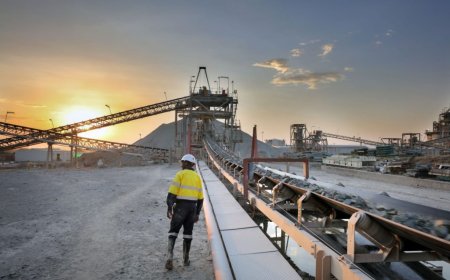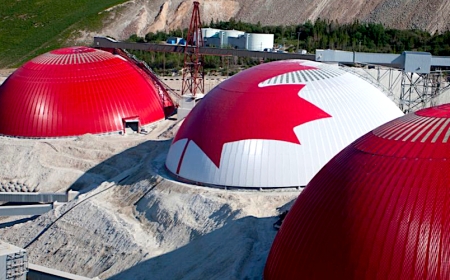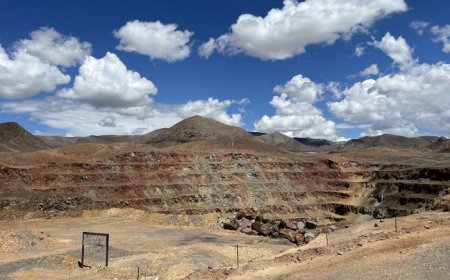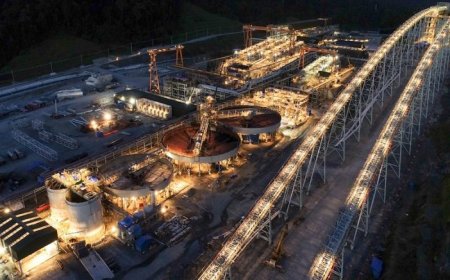British Columbia must deliver on its mining potential: PwC
British Columbia stands at a critical crossroads in unlocking its vast mineral wealth, according to a new report by PwC Canada, which urges the province to overcome regulatory and infrastructure challenges to fully capitalize on its mining potential.
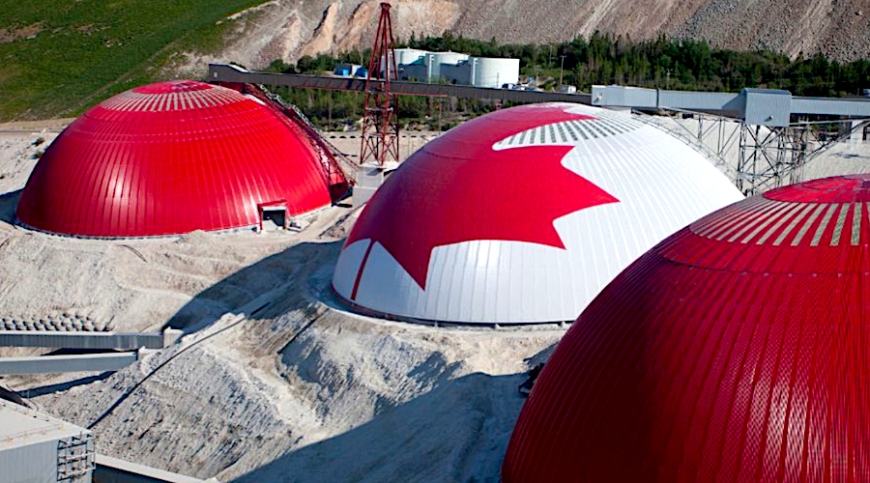

In its annual BC Mining Report, released this week, PwC highlights that while the global demand for critical minerals is rising rapidly — driven by the energy transition and growth in electric vehicles — British Columbia risks falling behind unless it acts decisively to accelerate project approvals, attract investment, and build trust with Indigenous communities.
“British Columbia is rich in resources, but potential alone doesn’t drive economic growth,” said Mark Platt, BC Mining Leader at PwC Canada. “To compete on the global stage, the province must convert its geological advantages into real, sustainable development.”
Growing Demand, Lagging Supply
The report notes that B.C. holds significant deposits of copper, gold, silver, molybdenum, and metallurgical coal, positioning it as a key player in the global supply chain for low-carbon technologies. However, a combination of lengthy permitting processes, infrastructure deficits, and uncertain policy environments has created bottlenecks that deter investment and stall project timelines.
According to PwC, capital investment in B.C.'s mining sector has remained stagnant compared to competing jurisdictions such as Australia and Chile — both of which have streamlined permitting systems and strong government support for mineral development.
Indigenous Partnerships and ESG a Priority
PwC emphasizes the importance of building strong partnerships with First Nations to ensure projects are developed sustainably and with respect for Indigenous rights and title.
“Reconciliation and resource development must go hand in hand,” said Platt. “Companies that engage early and meaningfully with Indigenous communities are more likely to succeed in the long term.”
Environmental, Social, and Governance (ESG) factors also continue to shape investor decisions, and B.C. is seen as well-positioned to lead on responsible mining practices — if it can move projects forward without compromising sustainability standards.
Economic Opportunity
The B.C. mining industry contributed over $15 billion to the provincial economy in 2024, supporting thousands of jobs in rural and northern communities. Yet, PwC warns that without significant policy shifts, this economic contribution could plateau.
The report recommends a multi-pronged approach, including:
-
Streamlining the permitting process and reducing administrative delays.
-
Investing in transport and energy infrastructure to support remote project sites.
-
Providing clearer guidance on climate and land use policy to reduce investor uncertainty.
-
Expanding training programs to address the industry’s growing skilled labour shortage.
A Pivotal Moment
As the world races to secure supplies of copper, nickel, and other battery metals critical to the clean energy transition, British Columbia has a rare opportunity to emerge as a global mining leader.
“The resources are here. The expertise is here. What’s needed now is alignment — between government, industry, and communities — to turn potential into performance,” PwC concludes.
The report comes at a time when several high-profile mining projects, including expansions at the Red Chris and KSM projects, are awaiting key regulatory approvals. Industry stakeholders hope the provincial government will act swiftly to support responsible development — before international capital flows elsewhere.



